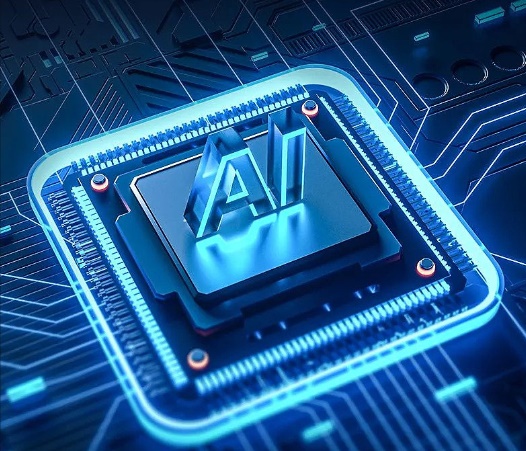AI Invents Novel Antibiotic in 72 Hours
The problem of antibiotic resistance is becoming increasingly severe around the world. According to the World Health Organization, antibiotic resistance could cause an estimated 10 million deaths annually by 2050.
To tackle this problem, researchers have been investigating new drugs that can combat drug-resistant bacteria. Recently, a team of scientists and engineers from the Massachusetts Institute of Technology used a deep learning algorithm to invent a new antibiotic in just 72 hours.
Using AI to Innovate Drug Discovery
The traditional process of drug discovery is tedious and time-consuming. It can take years to identify and develop a new drug, and even then there is no guarantee of success.
To speed up the process, the MIT team turned to machine learning and artificial intelligence. They created a deep learning neural network that could analyze existing drugs and identify molecules with the potential to be effective antibiotics.
The ai system was trained on a dataset of about 2,500 molecules and their properties, including their effectiveness against bacteria. With this training, the program was able to predict which molecules might work as antibiotics with an accuracy of almost 98%.
AI Creates New Antibiotic in Record Time
With the deep learning algorithm in place, the MIT team started designing new molecules that could act as antibiotics. They gave the algorithm specific constraints, such as toxicity level and the ability to penetrate bacterial membranes.
Within 72 hours, the AI system had identified a new molecule that met all the necessary criteria. The researchers synthesized the molecule and tested it against a number of bacteria, including some that were resistant to existing antibiotics.
The new molecule was found to be effective against many different types of bacteria, including some that are resistant to multiple antibiotics. It was also found to have low toxicity levels, making it a promising canD-IDate for further development.
The Future of AI in Drug Discovery
The success of the MIT team's AI-powered drug discovery project is a promising indication of the future of medicine. With machine learning and artificial intelligence, researchers can potentially speed up the process of discovering new drugs and finding effective treatments for diseases.
But there are also concerns about the ethical implications of using AI in drug discovery. Some fear that it could lead to the automation of research and the replacement of human researchers. Others worry about the potential for bias and errors in the AI algorithms.
Despite these concerns, the MIT team's breakthrough shows that AI has incredible potential in the field of medicine. By combining human expertise with machine learning algorithms, researchers can potentially discover new drugs and treatments much faster than ever before.
Conclusion
The discovery of a new antibiotic in just 72 hours by an AI-powered algorithm is a major breakthrough in the fight against antibiotic resistance. With the help of machine learning and artificial intelligence, researchers can potentially develop new drugs and treatments much faster than ever before.
However, there are also concerns about the ethical implications of using AI in drug discovery. As this technology continues to develop, it is important that we carefully consider the potential risks and benefits and use it responsibly to improve the health and well-being of people around the world.
评论列表
暂无评论,快抢沙发吧~
文章目录
- Using AI to Innovate Drug Discovery
- AI Creates New Antibiotic in Record Time
- The Future of AI in Drug Discovery
- Conclusion
支付宝
微信











欢迎 你 发表评论: